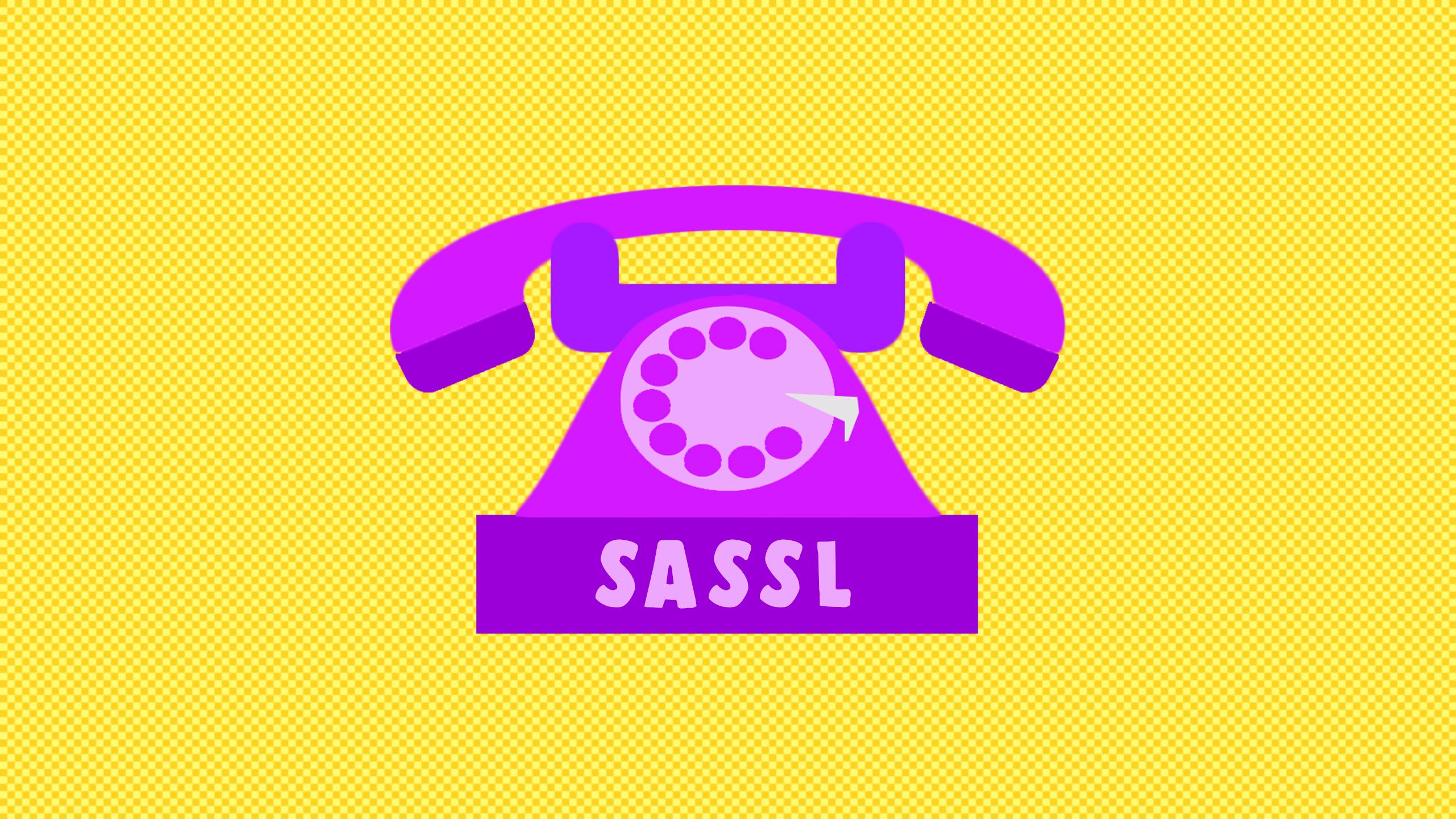By Heidi Lee
The Centre for Safer Sex and Sexual Violence Support (C3SVS) is now being operated by Ryerson Students’ Union (RSU) president Ali Yousaf and vice-president equity Vaishali Vinayak following the termination of all C3SVS staff members.
Students in need of support from C3SVS will be redirected to either the Toronto Rape Crisis Centre or Ryerson’s Consent Comes First office until the RSU is done restructuring the centre, according to Yousaf.
“I understand it has been [three] months [since] the centre has been closed, but the number of phone calls [we received] and students that we were supporting before was low, so we have referred them to services that are already available,” said Yousaf.
In November 2020, the RSU laid off all staff members at C3SVS, beginning with the full-time coordinator on Nov. 6, followed by two part-time coordinators on Nov. 11, because “the centre was being managed poorly,” according to Yousaf.
The Eyeopener previously spoke to former staff members and volunteers at C3SVS to comment on the RSU’s decision.
“What the RSU has done to the staff, volunteers and survivors are not survivor-centred—they have not taken into consideration the needs of survivors at Ryerson,” a former staff member who was granted anonymity told The Eye last November.
Former staff members and volunteers said they are upset because the RSU made the decision to terminate all staff without consulting the Ryerson community, especially survivors at the school who “depend on these services.”
Yousaf said he stands by his decision, adding that it was not an easy one to make.
“During our term, we discovered some administrative wrongdoings, and I realized that those vulnerable people we are supposed to help are the ones who are taken advantage of,” said Yousaf. “After finding out those administrative wrongdoings, I just couldn’t sit there and not take any action.”
“It was ethically, morally and legally the right thing to do,” he said.
When asked to provide records of “administrative mismanagement,” Yousaf stressed that he could not disclose any information for legal reasons.
Since the beginning of the pandemic, there has been an increase in gender-based violence as social distancing and isolation has created conditions for abuse, according to a report by the Centre for Research & Education on Violence Against Women & Children at Western University.
Survivors are unable to access help since the availability of healthcare and social supports have been reduced. In addition, the pandemic has created financial and physical barriers for survivors to escape their abusers, the report stated.
The report suggested that support resources—including “healthcare workers, confidential spaces and non-judgmental empathetic care”—should continue to be available to survivors. Supports should have a specific focus on gender-based violence to avoid straining the already overwhelmed healthcare system.
On June 30, 2020, C3SVS announced the relaunch of the Sexual Assault Survivor Support Line (SASSL), which would run from 12 p.m. to 12 a.m. starting July 1. SASSL is a helpline operated by C3SVS to provide peer support for sexual violence survivors.
According to the former staff member, the centre was also looking into the possibility of adding a text-to-chat line for SASSL.
Before the layoffs, the centre announced the dates and the registration link for SASSL volunteer training to take place on Nov. 2, 2020. C3SVS also held various events and workshops to address sexual harassment and highlight survivors’ experiences.
Yousaf said low student engagement with SASSL is his biggest concern, adding that the RSU was “not happy with those numbers at all.”
He said the RSU is also considering a text-to-chat line for SASSL.
“There is a lot of legality on this and we are working on everything from scratch, everything is still in work,” he said. “I am hoping within the next few weeks we will have something more concrete to be marketed and promoted to students.”
The job posting for the C3SVS full-time coordinator is currently on the RSU’s website. The deadline to apply is Feb.19 and the coordinator will be working until the end of March.
With files from Alexandra Holyk and Catherine Abes
Community members who are impacted by this story and/or in need of support can contact the following resources:
Ryerson’s Office of Sexual Violence Support and Education
Sexual Assault Centres in Ontario: Confidential and free counselling to survivors of recent and historical sexual assault throughout Ontario. Contact a centre to ask about individual or group counselling. Also provides a 24-hour, confidential crisis line to reach a counsellor by phone.
Good2Talk: 24/7 confidential helpline for post-secondary students in Ontario providing referrals about services and supports for mental health, addictions and well-being. 1-866-925-5454
LGBT Youth Line: Provides confidential phone and text support for 2LGBTQA youth, operating Sunday – Friday 4pm – 9:30PM. Phone: 1-800-268-9688 Text: 647-692-0777
Trans Lifeline: 24/7 Confidential hotline staffed by transgender people for transgender people. 1-877-330-6366
Assaulted Women’s Helpline: 24-hour telephone support and counselling available in several languages. 416-863-0511
Toronto Rape Crisis Centre/Multicultural Women Against Rape: Crisis intervention, counselling and referral for survivors of rape/sexual assault. Open 24 hours. 416-597-8808
Women’s Support Network of York Region: Provides free, confidential services for women who have experienced sexual violence. 905-895-7313
Support Services for Male Survivors of Sexual Abuse: Provides help for male survivors of sexual abuse, both recent and historical. Survivors also have access to a 24-hour, multilingual, toll-free phone line for immediate crisis and referral services. 1-866-887-0015










Leave a Reply